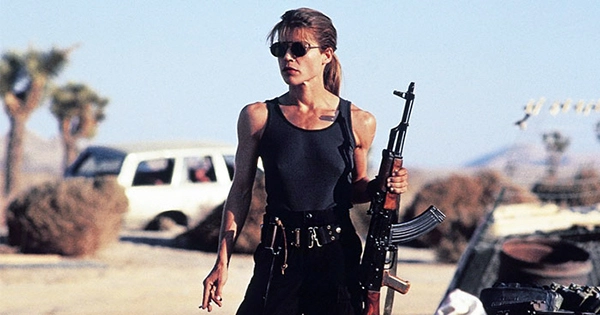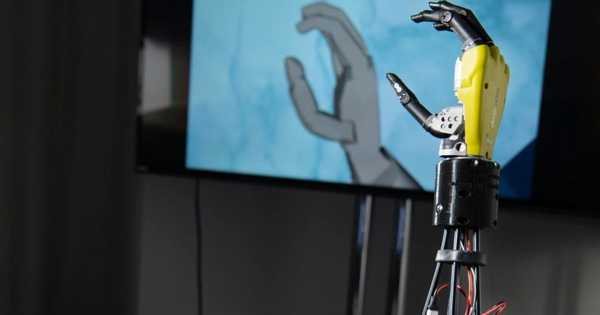Deadly objects colliding with Earth are a hit with moviegoers, as evidenced by the recent films Don’t Look Up and Moonfall, both of which fall into the end-of-the-world genre. While more dramatic films may exaggerate reality, many films are made with a scientific perspective in mind. So who do the directors go to for help? Dr Amy Mainzer, a professor of planetary science and a prominent figure at NASA, spoke with us about her collaboration with writer-director Adam McKay on Netflix’s recent Don’t Look Up. As a specialist on Near-Earth Objects, Mainzer was an obvious option for the film because he is familiar with objects that may collide with Earth.
She explains how one transitions from space to cinematic consulting, as well as the benefits and drawbacks of being in charge of science in film. What’s it like to work as a science consultant on a big-budget film? Working with this “lightning in a bottle” crew was a dream. From Adam to the VFX team to the cast and crew, everyone is a big admirer of science and wanted to make science a central character in the film. As a scientist, I’ve seen a lot of cases of scientists being portrayed as stereotypes, either as goofy, strange geeks or villains.
Not that I don’t like laughing at these depictions on occasion, but I was excited to work on a film that portrays scientists as fully realized human beings with foibles and talents just like everyone else. This is significant because, in my opinion, a large part of restoring public faith in science is assisting people in getting to know scientists as individuals. Until I met several scientists in person, much of what I thought and felt about scientists came from reading and watching science fiction.
Although there is always a delicate balance to be struck between the necessities of a science fiction novel and how the laws of physics actually function, I believed that this team was respectful of the science and did an excellent job of incorporating it into the plot. Sure, there were a few things that weren’t entirely realistic (thank god, we don’t know of a massive comet barreling toward Earth, and I let them off the hook for leaving a few lights on in the telescope dome because it’s difficult to shoot a movie in perfect darkness!), yet the film, in my opinion, does a fantastic job.
Most importantly, I hope that those who watch it get a feel of what it’s like to be a scientist who has to deliver bad news that necessitates immediate action. When we emphasize that we need quick action on matters like climate change, biodiversity loss, and biological dangers like the pandemic, we need to be heard and listened to.
We need people to pay attention to the advice of scientists who are experts in these fields in order to avoid the worst-case scenarios. The film contains an important message of hope: most of the characters want to do the right thing, and they almost succeed. However, there is a critical time when a person wielding undue power places a thumb on the scale. Things go awry when scientists are ignored by conspiracy theories and special interests.
What do you think the role of comedy is in science communication? Comedy may be a powerful tool for making us laugh at ourselves and letting down our guard. We can begin to open our hearts and admit our shortcomings if we can laugh at our foibles and awkward situations. Accepting that we may need to adjust our behavior or make different choices is the first step. Comedy is also an excellent way to de-stress. Hopefully, the film serves as a stress reliever for those trying to combat climate change, biodiversity loss, and the pandemic: you are not forgotten, and your efforts are greatly appreciated.
What do you think works and what doesn’t when it comes to combining science into fiction? The films I enjoy the most have compelling tales and characters that entice you to spend time with them. The science must be accurate enough to not be a distraction, but I’m comfortable with stories that take place in a universe that isn’t identical to ours. Science fiction can act as a mirror, allowing us to glimpse ourselves and the future we want – or don’t want. We spoke with Dr. Mainzer about her career and what it took to get here if you want to learn more about being a world-leading scientist in asteroid detection and planetary defense specialist.
















